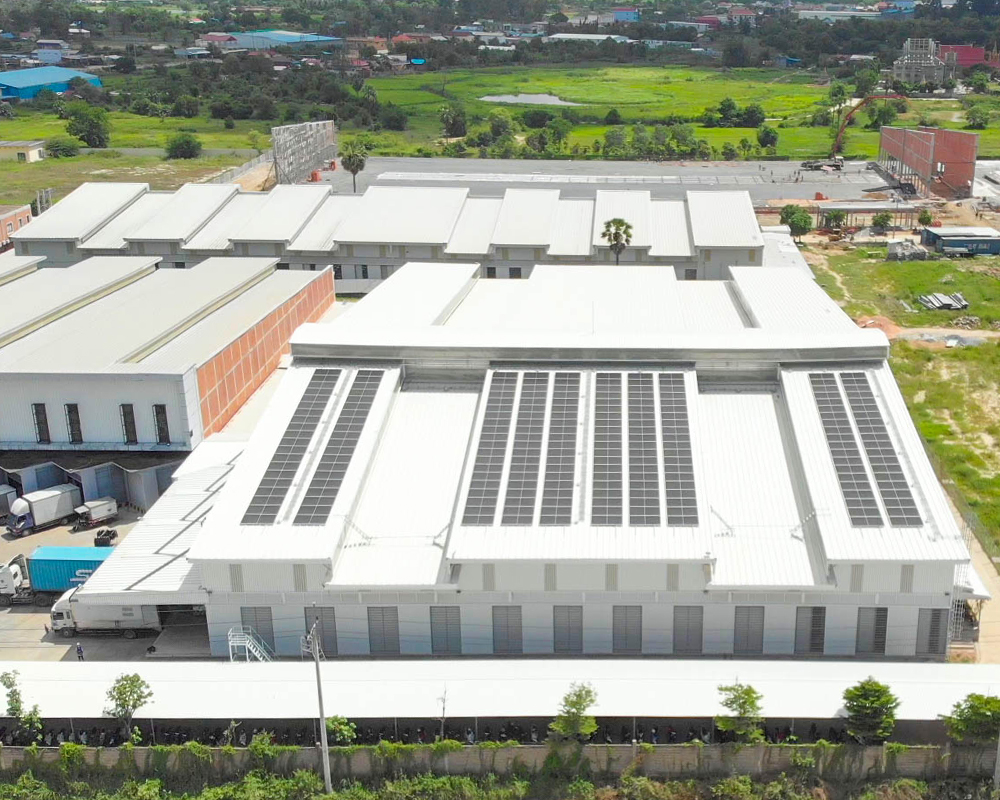
Congress Passes Tax and Spending Reconciliation Package With Tax Cuts Sought by Contractors
[ad_1]

The House of Representatives passed the Senate’s version of the major tax and spending package on July 3, following a record-length floor speech by the Democratic leader and without making any amendments to changes in the Senate’s bill. President Donald Trump signed the bill into law on July 4.
The 870-page bill maintains tax breaks sought in the construction industry, including an extension of 2017’s Tax Cuts and Jobs Act that was otherwise due to expire, plus an enhancement of the 199A deduction for pass-through businesses, which include most contractors.
“These are pro-growth policies that directly support investment, innovation and workforce expansion, especially in the engineering sector,” said Linda Bauer Darr, president and CEO of the American Council of Engineering Companies, in a statement.
The bill also includes a provision allowing project owners to fast-track their federal environmental reviews, and appropriates billions of dollars for projects aligned with Trump administration priorities, including $46.6 billion to build border security infrastructure. Federal prisons, NASA spaceflight centers and the John F. Kennedy Center for the Performing Arts in Washington, D.C., would also get funding for various infrastructure improvements.
“We’ve got energy dominance coming back to power our future,” House Speaker Mike Johnson (R-La.) said. “We have a secure border to protect American families. We have a strong military to restore peace through strength.”
Without any House amendments, lawmakers were not able to restore provisions included in their earlier draft that were removed by the Senate, such as a user fee on the owners of electric and hybrid vehicles to help fund highway projects.
“Though it was stripped from the Senate version, this effort by the House was a welcome and long-overdue effort to address the [Highway Trust Fund’s] user-fee shortfall,” said Nile Elam, vice president of government affairs at the National Asphalt Pavement Association, in a statement.
The bill rescinds funding from initiatives not favored by the Trump administration such as slowing climate change. Wind and solar energy projects in particular are losing tax credits, and groups in the sector say the change threatens to eliminate jobs and raise electricity costs. Jason Grumet, CEO of the American Clean Power Association, said in a statement that the bill’s passage “is a dramatic swing in federal policy, disrupting the good faith investments of American companies that are powering our economy and creating hundreds of thousands of jobs.”
“The legislation restricts energy production, raises prices for American businesses and families, and challenges the reliability of our existing electric grid,” Grumet added.
House Democratic Leader Hakeem Jeffries (N.Y.) spent more than eight hours speaking against the bill and highlighting proposed amendments that would have reduced cuts to benefits programs including Medicaid and SNAP. Millions of Americans are expected to lose benefits as a result of the bill.
“The economy is being run off track, and nothing has been done to lower the high cost of living,” Jeffries said.
With a majority in both the House and Senate, Republicans were able to craft the legislation without input from Democrats. The 218-214 vote saw two Republicans join Democrats in opposing the bill. Rep. Brian Fitzpatrick (Pa.) echoed Democrats’ concerns about cuts to Medicaid, saying in a statement that the Senate’s version of the bill “fell short of our standard.”
Rep. Thomas Massie (R-Ky.) wrote on social media that he voted against the bill because of its expected impact increasing the deficit. The nonpartisan Congressional Budget Office estimates the bill cuts $4.5 trillion in taxes, but only cuts $1.2 trillion in spending and will add $3.3 trillion to the deficit over a decade.
Maya MacGuineas, president of the nonprofit group Committee for a Responsible Federal Budget, compared the debt increase to a “sugar-high” that will crash.
“The longer-term health of our economy, American families, and our children will be worse off due to this debt-financed bill,” she said.
[ad_2]
Source link
Post a Comment
You must be logged in to post a comment.






